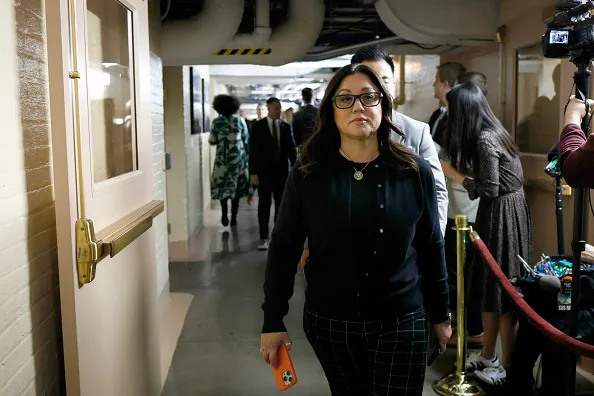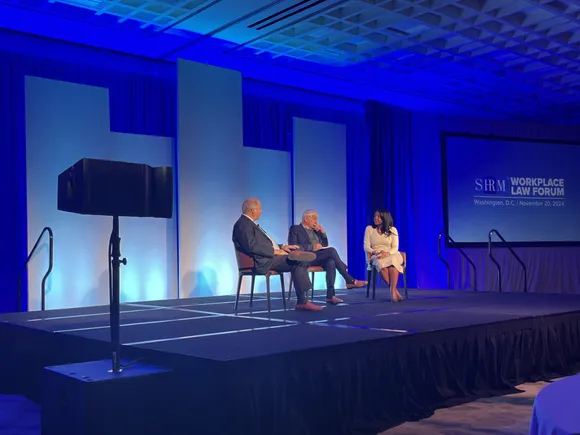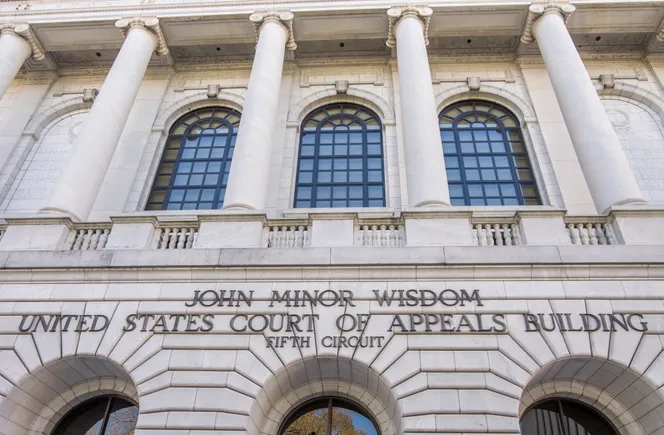Dive Brief:
- The National Football League agreed Thursday to settle a race discrimination lawsuit filed by former NFL Media employee and sports writer Jim Trotter, who alleged the league fired him for speaking out against discrimination and a lack of diversity.
- Trotter filed his complaint in September 2023, claiming NFL Media said it would not be renewing his contract following a press conference in which Trotter questioned the NFL’s diversity record and asked league executives why the NFL had never hired a Black senior manager for its media division. He alleged the league retaliated against him by not giving him assignments.
- Terms of the settlement were not disclosed in court documents. Trotter posted on social media platform X Wednesday stating that, as part of the settlement, the NFL would donate to a new scholarship fund created by Trotter that will aim to support journalism students at historically Black colleges and universities.
Dive Insight:
The NFL’s record on race is a point of contention for fans, players and league executives alike, and Trotter’s complaint contained an extensive timeline describing race relations in the league dating back to its 1920 formation. Trotter said in his suit that the NFL “was slow to truly embrace racial diversity,” noting that it took approximately 20 years after the modern league was racially integrated for it to hire its first Black official and 43 years before the then-Los Angeles Raiders hired Art Shell to become the NFL’s first Black head coach.
The league has attempted to address a lack of diversity in its coaching ranks in part by its use of the “Rooney Rule,” established in 2003, which requires all NFL teams to interview at least two minority candidates for vacant head coach, general manager and coordinator positions. Teams must also interview at least one minority candidate for vacant quarterback coach positions. The rule is the target of a 2024 U.S. Equal Employment Commission complaint filed by America First Legal, which alleged that NFL’s policy violates Title VII of the Civil Rights Act of 1964.
At the time of Trotter’s lawsuit, only three of the league’s 32 head coaches identified as Black, a contrast to the league’s player base, which is majority Black. However, the number of Black head coaches grew to a record nine prior to the current season.
Trotter and others have accused the NFL and its teams of racial discrimination and “blackballing,” or refusing to offer positions to, Black players who speak out against its record on race. Perhaps the most prominent case is that of activist and former quarterback Colin Kaepernick, who sued the league alleging its teams colluded against him after he participated in on-field protests. Another suit involved claims brought by former Miami Dolphins head coach, Brian Flores, who alleged racial discrimination by the league and three of its teams.
“For a league and its team owners who have profited immensely off Black players, the NFL has never fully acknowledged its history of racism or taken appropriate steps to address its racial disparities,” Trotter said in his complaint.
The NFL did not respond to a request for comment.
Despite efforts by federal and state regulators to crack down on systemic discrimination in U.S. workplaces, retaliation remains a concern for workers who experience hostile work environments, sources previously told HR Dive.






Leave a Reply